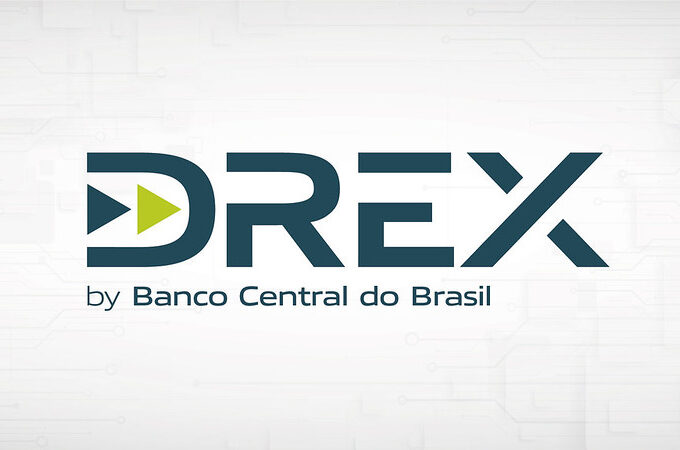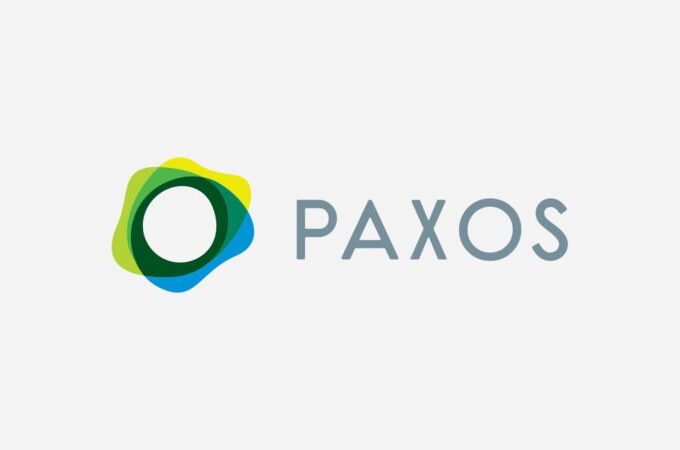
Navigating the Oracle Problem: The Future of DeFi Unveiled
In the dynamic realm of decentralized finance (DeFi), a financial ecosystem evolving at breakneck speed, we encounter a perplexing enigma — the oracle problem.
The Bank for International Settlements bulletin titled “The Oracle Problem and the Future of DeFi,” authored by Chanelle Duley, Leonardo Gambacorta, Rodney Garratt, and Priscilla Koo Wilkens, published on September 7, 2023, addresses the challenges and implications of integrating real-world data into decentralized finance (DeFi) using oracles. Here are the key takeaways from the bulletin:
- Oracles in DeFi: DeFi, which operates on the principles of decentralization and trustlessness, relies on oracles to import real-world data into blockchain environments for use in smart contracts. These oracles act as intermediaries, providing information from external sources to DeFi applications.
- Decentralization Debate: There is a debate over whether oracles can truly adhere to the complete decentralization ethos of crypto. Even if technically feasible, achieving full decentralization often involves complex consensus protocols that can reduce blockchain efficiency.
- Centralization vs. Efficiency: While introducing some degree of centralization in oracles might enhance efficiency, it also contradicts the trustless nature of DeFi by adding trusted third parties to a system designed to be trustless. This suggests that crypto-based DeFi may remain limited to crypto assets and not extend to real-world assets.
- Oracle Manipulation: Instances of oracle manipulation in the DeFi space have been well-documented. This manipulation poses significant risks to the reliability of smart contracts and the security of DeFi platforms.
- Regulation Challenges: Addressing the oracle problem through increased regulation and supervision contradicts the decentralization principles of crypto. Legal recourse in the event of false information triggering a smart contract is unclear, especially in jurisdictions where crypto activities are not regulated.
- The Feasibility of Fully Decentralized Oracles: There is a question of whether it is technically feasible to design oracles that are fully decentralized. However, achieving this introduces severe challenges, including the challenge of ensuring truthful reporting without a single authoritative source.
- Trust and Governance: The oracle problem highlights the challenges related to trust and governance in DeFi. Trust in competence (ability to implement expertise) and trust in intentions (fair and ethical behavior) are essential for a well-functioning governance structure. DeFi consensus protocols can ensure trust in competence but fall short in ensuring trust in intentions.
- Operational Challenges: Addressing the oracle problem through full decentralization involves complex mechanisms to verify data, reputation systems for oracles, and the use of multiple oracles for redundancy. These solutions can impact transaction efficiency and scalability.
- DeFi vs. Traditional Finance (TradFi): Risks associated with oracle problems in DeFi may be worse than data reporting risks in traditional finance (TradFi). The anonymity of agents and the lack of regulation make DeFi more susceptible to malicious behavior and less clear on legal recourse.
- Conclusion: The bulletin concludes that the oracle problem is a significant challenge for DeFi. Achieving the core principles of decentralization while incorporating reliable real-world data introduces inefficiencies and limits the scope of DeFi to communities willing to rely solely on trust in competence. The alternative approach is to build on a centralized system with a foundation of trust.
In summary, the bulletin highlights the complex and evolving nature of DeFi, emphasizing the challenges related to oracles, centralization, and trust, which are critical considerations for the future of decentralized finance.





